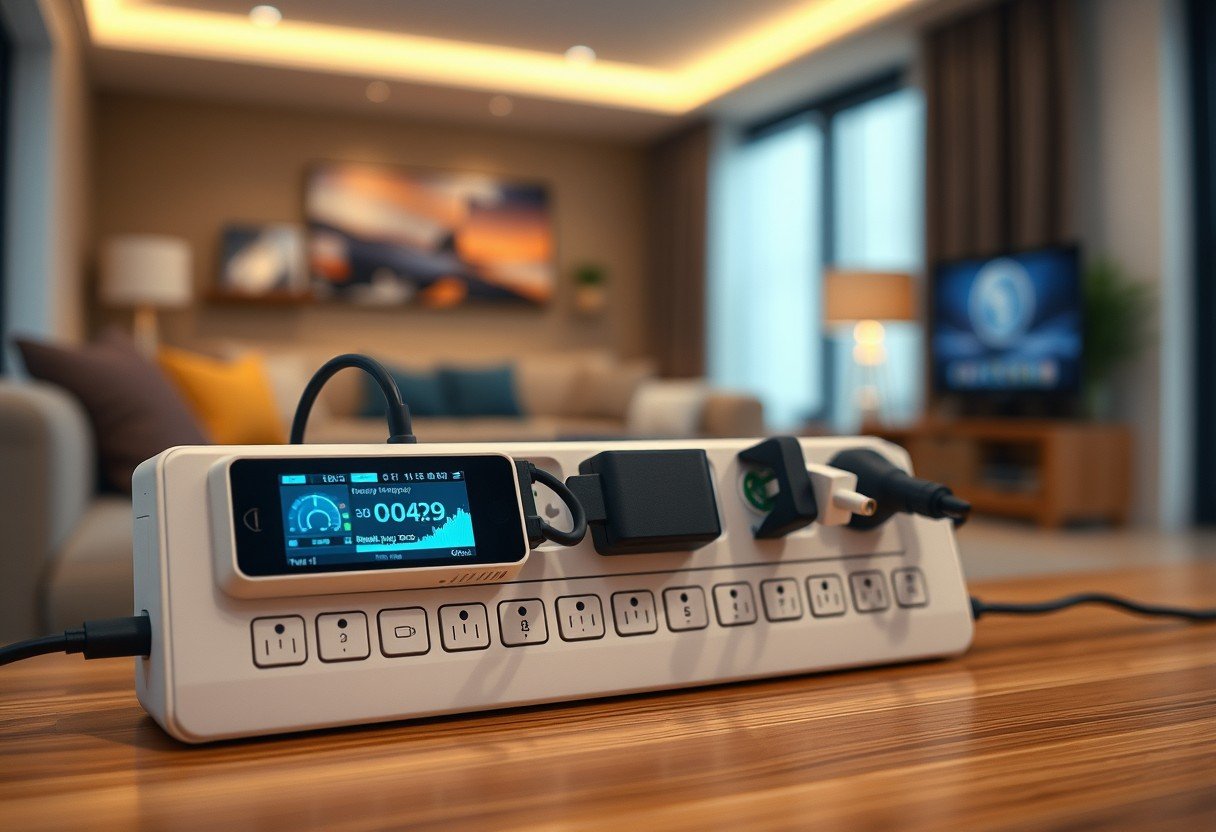When your child is charged with assault, it’s a frightening experience. You likely have many questions about what happens next and what consequences they might face. The juvenile justice system handles these cases differently than the adult system, focusing more on rehabilitation than just punishment. Understanding the process, the factors a judge considers, and the potential outcomes can help you navigate this difficult time and support your child effectively.
How the Juvenile System Approaches Assault Charges
Understanding the fundamental difference between juvenile and adult courts is crucial. Unlike the adult criminal system, which primarily focuses on punishment, the juvenile court’s main objective is rehabilitation.
This approach recognizes that young people are still developing. The court aims to correct behavior and provide the tools and support necessary to prevent future offenses. The entire process, from the initial hearing to the final sentence, is designed to guide the minor toward becoming a responsible and law-abiding member of society.
Judges in juvenile court have more flexibility in sentencing. They consider the child’s unique circumstances, looking for a path that addresses the root cause of the behavior rather than simply locking them away. This means sentences are often tailored to the individual’s needs.
Factors that Determine a Juvenile’s Sentence
No two cases are exactly alike, and a judge will weigh several critical factors before making a decision. The final sentence is not arbitrary; it’s a careful consideration of the child’s life and the specifics of the incident.
These elements help the court build a complete picture to determine the most appropriate and effective outcome. The goal is to balance accountability for the action with the potential for the youth’s positive growth.
Here is a breakdown of the primary factors a court will evaluate:
| Sentencing Factor | What the Court Considers |
| Severity of the Offense | Was a weapon used? How serious were the victim’s injuries? Was the act premeditated? |
| Prior Criminal History | Is this the juvenile’s first offense? Is there a pattern of delinquent or violent behavior? |
| Age and Maturity Level | Does the juvenile understand the consequences of their actions? Do they show remorse? |
| Family and Home Life | Is there a supportive home environment? Are parents or guardians cooperative and involved? |
The Impact of the Juvenile’s Age and Prior Record
A juvenile’s personal history plays a significant role in sentencing. A first-time offender with a clean record will almost always be treated more leniently than a youth with a history of delinquent behavior. The court may see a first offense as a mistake that can be corrected with guidance and supervision.
Similarly, the age and maturity of the offender are very important. A younger child may not fully grasp the seriousness of their actions, and the court will take this into account. A sentence for a 12-year-old might focus heavily on counseling and family therapy, whereas a 17-year-old with a history of violence could face more significant consequences, like detention.
The court will assess whether the juvenile shows genuine remorse and takes responsibility. A youth who demonstrates a willingness to change is more likely to receive a sentence focused on rehabilitation.
Potential Penalties and Sentences for Juvenile Assault
Sentences in juvenile court are designed to be constructive. While detention is a possibility for severe cases, it is often a last resort. The court has a wide range of options available to help rehabilitate the youth.
The ultimate goal of sentencing is to provide education and support to prevent future criminal behavior. These measures are meant to address the underlying issues that may have led to the assault in the first place.
Common outcomes can include one or a combination of the following:
- Probation: The juvenile is supervised by a probation officer and must follow specific rules, such as attending school, observing a curfew, and reporting in regularly.
- Counseling or Therapy: The court may order mandatory counseling, anger management classes, or family therapy to address emotional or behavioral issues.
- Community Service: The youth is required to complete a set number of hours working for a community organization, teaching responsibility and empathy.
- Restitution: The juvenile may be ordered to pay for the victim’s medical bills or damaged property, making them financially accountable for their actions.
- Juvenile Detention: For serious offenses or repeat offenders, a judge may order placement in a secure juvenile facility. The duration varies depending on the case.
How Parental Involvement Can Help the Case
The court views the cooperation and involvement of parents or guardians very favorably. Your active participation shows the judge that the juvenile has a strong support system at home, which is a key factor in successful rehabilitation.
Being present at all court hearings, communicating openly with the probation officer, and ensuring your child follows all court orders can have a significant positive impact. It demonstrates a family commitment to helping the child learn from their mistakes and move forward in a positive direction.
This can strengthen the court’s decision to choose a more constructive sentence, like probation and counseling, over a more punitive one like detention.
Frequently Asked Questions about Juvenile Assault Charges
Can a juvenile be sentenced to jail for assault?
In very serious cases, a juvenile can be sentenced to a secure juvenile detention facility. In rare instances, if the crime is severe enough, they may be tried as an adult and face time in an adult jail, but this depends heavily on the state’s laws and the specific circumstances.
Are sentences for juvenile assault different from those for adults?
Yes, they are generally less severe. The juvenile justice system’s primary goal is rehabilitation, not just punishment. Sentences focus on education, therapy, and supervision to help the youth change their behavior and avoid future offenses.
What is the most important factor in a juvenile’s sentence?
While all factors are considered, the severity of the offense and the juvenile’s prior criminal history often carry the most weight. A violent assault with serious injuries will be treated much more seriously than a minor scuffle with no injuries.
Can a juvenile’s sentence for assault be changed later?
Yes, sentences can often be modified. If a juvenile on probation shows significant progress and good behavior, the court may consider ending their supervision early. The focus is on the youth’s rehabilitation and progress over time.
Will an assault charge stay on my child’s record forever?
In many jurisdictions, juvenile records can be sealed or expunged once the person reaches a certain age, provided they have not committed further offenses. This prevents the mistake from impacting their ability to get a job, attend college, or join the military as an adult.







Leave a Comment